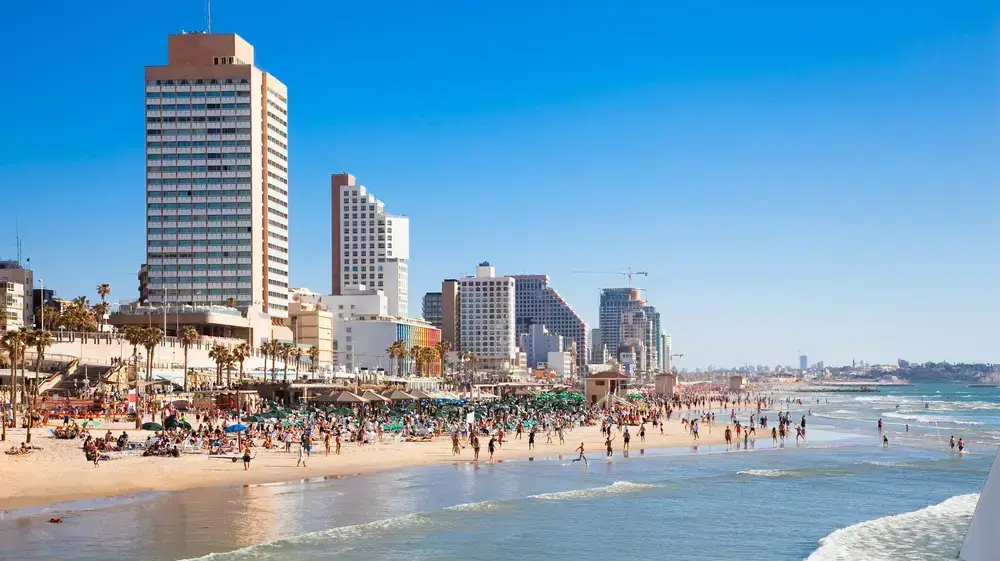The introduction of a kerosene tax could cost Europe's major airlines up to € 15 billion a year.
As calculations by the Öko-Institut for SPIEGEL show, Lufthansa would be burdened the most. With a tax of 33 cents per liter of aviation fuel, German society would face costs of more than 2.5 billion euros a year - provided that all of its fuel was taxed at this rate. The Lufthansa Group, including Swiss, Austrian Airlines, Eurowings and other lines, would then have to spend 4.2 billion euros more.
According to the calculations, the IAG group (including British Airways, Iberia) would need around 3.9 billion euros for kerosene, Air France / KLM 3.5 billion, Ryanair 1.5 billion, Easyjet just under one billion and the SAS more than 500 Transfer millions of euros a year to the tax authorities.
33 cents per liter is the minimum tax rate for kerosene, which the EU stipulates in its energy tax directive from 2003. So far, Brussels has exempted commercial aviation from this tax. However, the new Commissioner Ursula von der Leyen wants to "closely examine" this tax privilege in her new "Green Deal", as the official statement says.
Her deputy Frans Timmermans goes much further. "I believe there must be a kerosene tax," he said after the green deal was announced at the World Climate Conference in Madrid. "If you fill your car with gasoline, you pay taxes, if you take the train you have to pay VAT. If you take the plane, the kerosene is not taxed. That is not correct." SPIEGEL told Timmermans that he would fight for the kerosene tax.
Growing air traffic, growing problems
Timmermans is not alone. French President Emmanuel Macron, the Federal Environment Agency and the Dutch Parliament have recently campaigned for a kerosene tax. In November, nine finance ministers, including those from Germany, France and Italy, wrote in a letter to Brussels calling for a "new form of air traffic taxation or similar measures" - especially since there is no sales tax on international flights. "Franz Timmermans has my full support," said Federal Environment Minister Svenja Schulze (SPD) to SPIEGEL.
OLIVIER HOSLET / EPA-EFE / REX
Ursula von der Leyen and Frans Timmermans
The problem is becoming more pressing, because despite all the climate discussions, the number of flights and passengers continues to increase massively. The German Aerospace Center (DLR) assumes that global aviation will grow by around 3.7 percent annually by 2040. In 2016 there were around four billion passengers traveling worldwide, and in 2040 there should be over 9.4 billion. The number of flights grew strongly from 35.5 million to approximately 53 million during this period. Likewise, the number of passengers per aircraft increases from 111 in 2016 to an average of 179.
DLR expects capacity bottlenecks and comes to the conclusion that in addition to the use of larger machines, airports in particular would have to be expanded in order to be able to cope with the rush of passengers at all. According to the DLR analysis, hubs, in other words, large hub airports, will hardly be able to withstand the stress. According to the study, London Heathrow is one of the most affected major airports in Europe, until 2040 the bottleneck will shift towards Asia, for example to Jakarta.
More tax than current profit
All of these realistic model calculations increase the pressure to act. It has long been clear among experts what current politics is leading to: "Preferring aviation through tax exemptions is an incentive for people to use the most climate-damaging means of transport," says Jakob Graichen, energy and climate expert at the Öko-Institut. And: "It is socially unjust that the rich frequent flyers are given preference."
The industry is doing its best to resist new levies. She prefers voluntary commitments. Easyjet has just announced that it will offset the CO2 emissions of all flights through compensation payments. The British low-cost airline plans to provide around 29 million euros for this. A kerosene tax would be more than 30 times more expensive, according to calculations by the Öko-Institut.
The international civil aviation agreement would not oppose the tax. For international flights, it only prohibits states from taxing the fuel that is already in the aircraft's belly - but not from refueled kerosene.
At the request of SPIEGEL, Lufthansa calculated the effects of a 33 cent kerosene tax itself - and came at similar costs to the Öko-Institut. "However, since we do not fill up part of our fuel requirements in Europe, the total would be reduced accordingly," said a spokesman. He said a possible kerosene tax could only be levied on intra-EU flights, not on flights out of or into the EU. It would therefore only affect a third of the fuel consumption. Expert Graichen sees it differently: "Energy taxes are levied at the point of filling - regardless of where it is ultimately used."
According to estimates, Lufthansa uses two thirds of its kerosene at EU airports. A kerosene tax that would be levied on all refills in the EU would therefore cost the Lufthansa Group around 2.8 billion euros. For comparison: the group profit in 2018 was around 2.2 billion euros.


/cloudfront-eu-central-1.images.arcpublishing.com/prisa/XV3RV6VB3NAOFNP4TMVZXPO6BQ.jpg)





